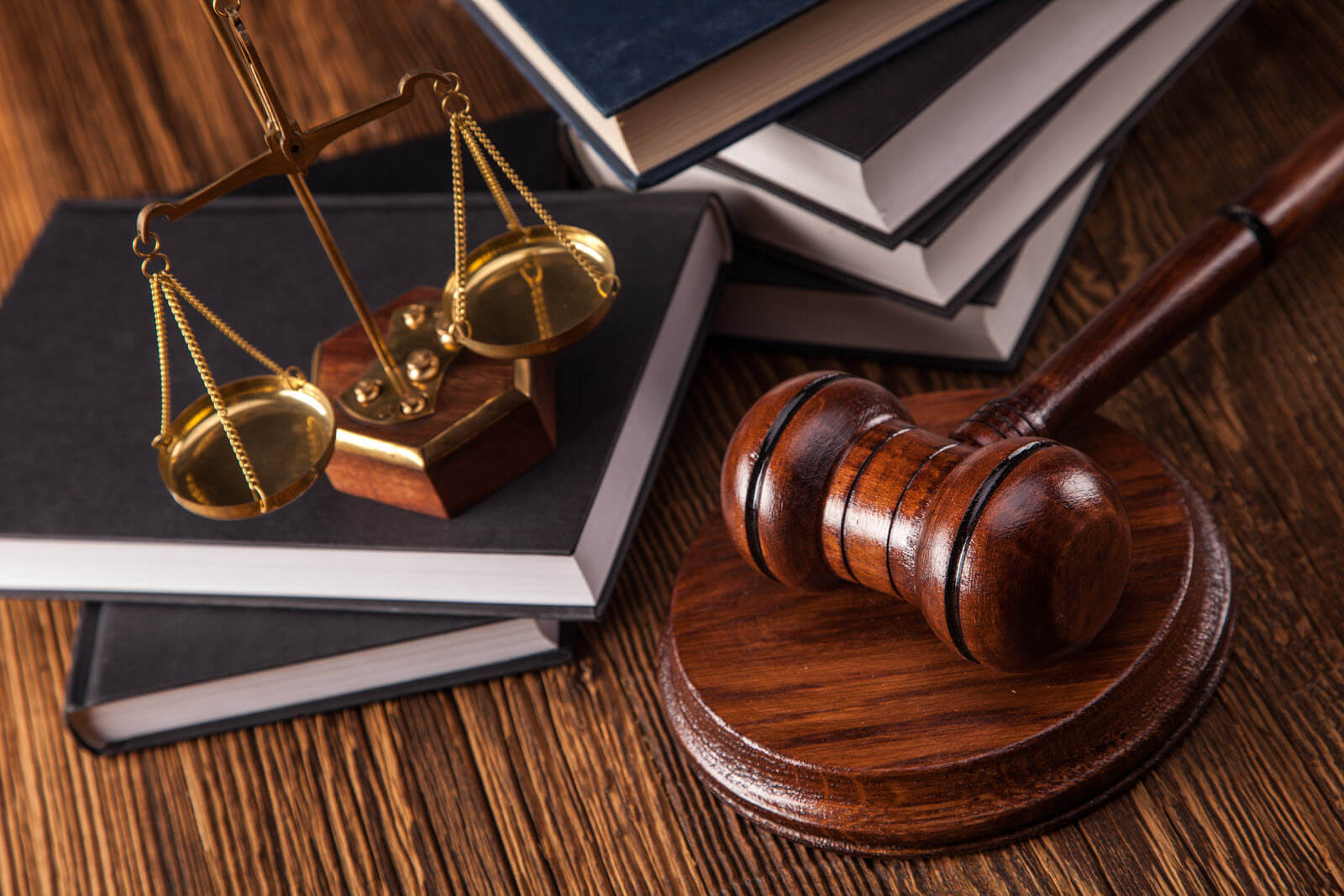A prosecutor is a legal professional who represents the government in criminal cases. Prosecutors are responsible for investigating crimes, charging suspects, and presenting evidence at trial in order to obtain a conviction.
Prosecutors play an important role in the criminal justice system. They are responsible for ensuring that justice is served and that criminals /westerlaw.org/ are held accountable for their actions.
Duties of a prosecutor
The duties of a prosecutor vary depending on the jurisdiction, but they typically include the following:
- Investigating crimes: Prosecutors work with police and other law enforcement agencies to investigate crimes. They gather evidence, interview witnesses, and consult with experts.
- Charging suspects: Once a prosecutor has gathered enough evidence, they may decide to charge a suspect with a crime. The prosecutor will then file a complaint with the court, which will initiate the criminal prosecution process.
- Presenting evidence at trial: If the case goes to trial, the prosecutor will present evidence to the judge or jury in order to prove that the defendant is guilty of the crime charged. The prosecutor will call witnesses, introduce evidence, and question the defendant.
- Negotiating plea agreements: In many cases, the prosecutor will negotiate a plea agreement with the defendant. A plea agreement is an agreement between the prosecutor and the defendant in which the defendant agrees to plead guilty to a lesser charge in exchange for a lighter sentence.
How to become a prosecutor
To become a prosecutor, you must typically have a law degree and be licensed to practice law in your jurisdiction. Some prosecutors also have experience as criminal defense attorneys or law clerks.
Prosecutors are typically hired by the government. To become a prosecutor, you may need to apply for a position with a prosecutor’s office or take a civil service exam.
Tips for being a successful prosecutor
Here are a few tips for being a successful prosecutor:
- Be prepared. Before you go to court, be sure to know the case inside and out. Be prepared to answer questions from the judge, jury, and defense attorney.
- Be persuasive. You need to be able to persuade the judge or jury that the defendant is guilty of the crime charged. This means being able to present evidence in a clear and concise manner and being able to cross-examine witnesses effectively.
- Be ethical. Prosecutors are entrusted with a great deal of power. It is important to use your power ethically and responsibly. Always remember that you are representing the government and that you have a duty to uphold the law.
Conclusion
Prosecutors play an important role in the criminal justice system. They are responsible for ensuring that justice is served and that criminals are held accountable for their actions. If you are interested in a career in law, consider becoming a prosecutor. It is a challenging but rewarding career that can make a real difference in the world.

